Top 10 Foods with More Calcium Than Milk
Growing up, you’ve always been told to drink your milk because it is good for your teeth and bones. This is because it is rich in calcium, but did you know there are so many other foods out there that have more calcium than milk?
Read on to find out!
-
Seeds

Seeds are a superfood for a reason. They provide so many nutritional benefits, one of them being plenty of calcium. Sesame, poppy, and flax seeds are great sources of the mineral. Just 3 tablespoons of chia seeds, coming in at 177mg per tablespoon, have more calcium than a glass of milk.
Seeds are also rich in Omega-3 fatty acids and are so easy to add into your diet. You could add them in salads, stir-fries, smoothies, on toast, or even snack on them as they are!
-
Sardines

For one of the best dairy-free sources of calcium, you don’t have to look any further than sardines. Just 3 ounces of sardines will give you 33% of your daily requirement for calcium. All the better if you get them in the canned form with the bones, as that is where most of the calcium comes from.
Not everyone is a fan of sardines, but you can find some delicious recipes in the Mediterranean cuisine that incorporate it. Try adding sardines into a salad of tomatoes, cucumbers, feta cheese, and olives.
-
Almonds
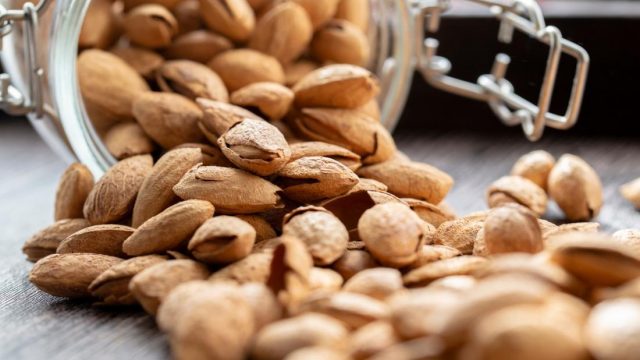
All nuts are great for your health, but almonds are the highest source of calcium among them. They are also packed with various proteins and vitamins, including 3 grams of fiber per ounce!
When buying almonds, make sure to get the raw kind so you don’t get stuck with excess sugars and fats. You can keep roasted almonds for snacking or add them into salads, smoothies, or trail mix.
-
Dark, Leafy Greens
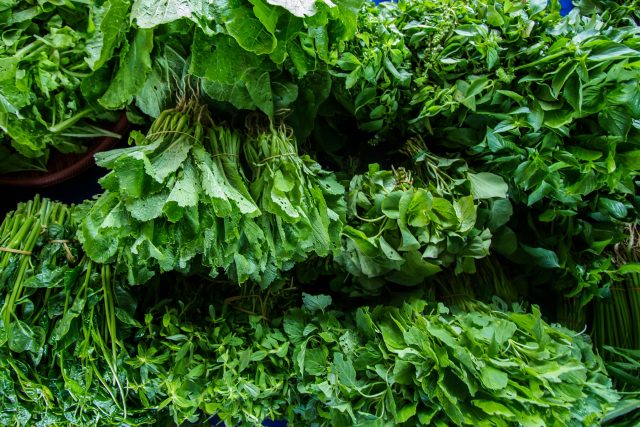
Leafy greens are an excellent source of calcium, including spinach, kale, broccoli, and more. As a general rule, the darker the leaf, the higher the calcium content it has. Just 1 cup of collard greens has about 266mg of calcium, which is about a quarter of your daily requirement for the mineral.
Leafy greens go well with just about any meal. You can add them into your stews, soups, and stir-fries, or toss them up into a salad.
-
Beans
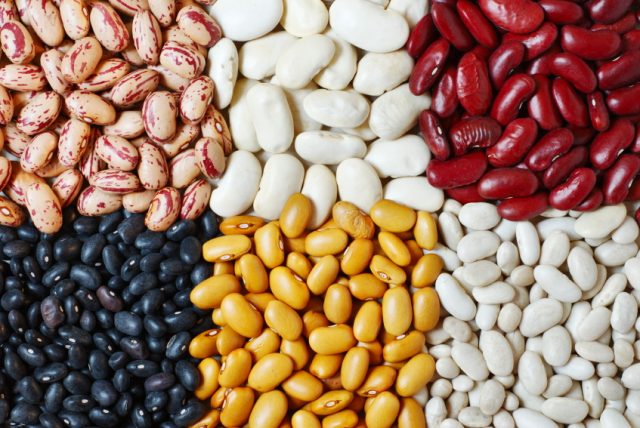
Beans are very good for your health. They are highly nutritious and help lower cholesterol levels, and they also have a good amount of protein, fiber, and many other micronutrients as well. When it comes to calcium, some beans are better than others. Varieties such as soybeans, winged beans, white beans, and green beans are best for a calcium-rich meal. Just 1 cup of any of these will fulfill about a quarter of your daily requirement for the mineral.
-
Oranges
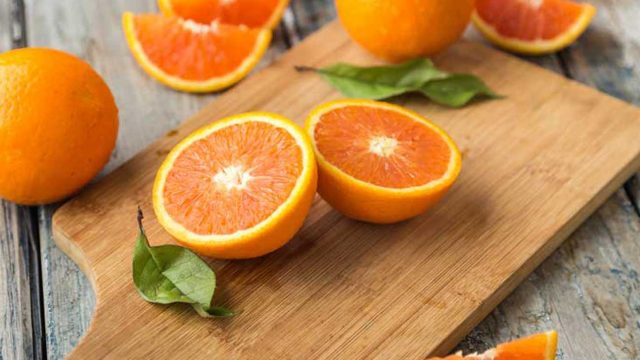
Oranges are pretty famous for being great sources of vitamin C, but did you know that they also have a good amount of calcium? 1 cup of freshly squeezed orange juice contains about 72mg of calcium. While that may not be as much as a glass of milk, the added benefit of having vitamin C, which helps your body absorb the calcium better, along with many other nutritional properties, makes oranges better than milk.
-
Yogurt
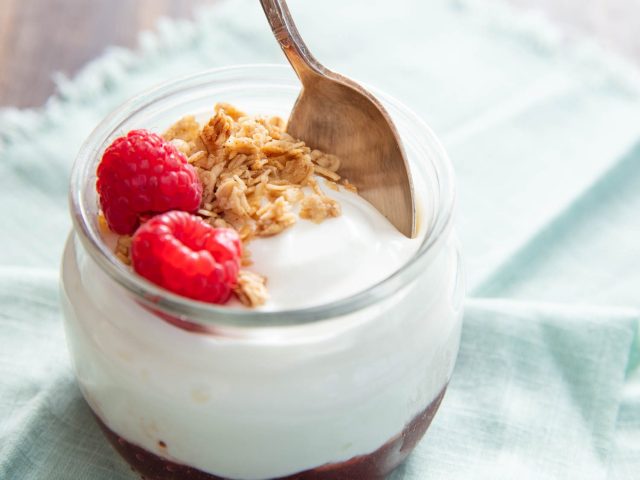
Yogurt, which is a by-product of milk, is also an excellent source of calcium. 1 cup of plain yogurt has about one-third of your daily needs for calcium. Yogurts are also rich in probiotics, which promotes gut and heart health, and also helps reduce depression.
You can enjoy your yogurt topped with some berries, nuts, or seeds for an added dose of nutrients.
-
Quinoa
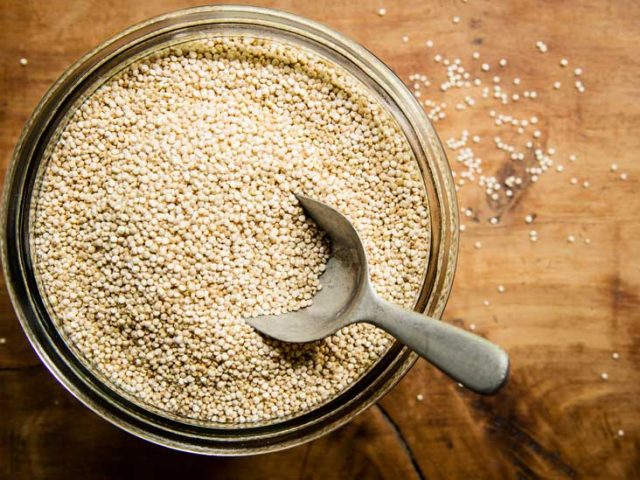
Quinoa is a healthy whole grain that can be a great alternative to rice as the main part of a filling meal. It is high in protein, which keeps you feeling full for longer. Quinoa also has many essential amino acids, potassium, zinc, and of course, calcium. 1 cup of cooked quinoa has about 100 mg of calcium. You can serve it warm with meat and veggies or serve it cold in a salad.
-
Rhubarb

Rhubarb contains a very high amount of calcium, and although only a bit of it is in a digestible form, even 25% of it will end up giving your body about 90mg of calcium per cup! Rhubarb also contains probiotics, which help maintain a healthy digestive system.
Rhubarbs aren’t the most common vegetable to be eaten, but they can be delicious when added to meals, snacks, and even some healthy desserts!
-
Whey Protein
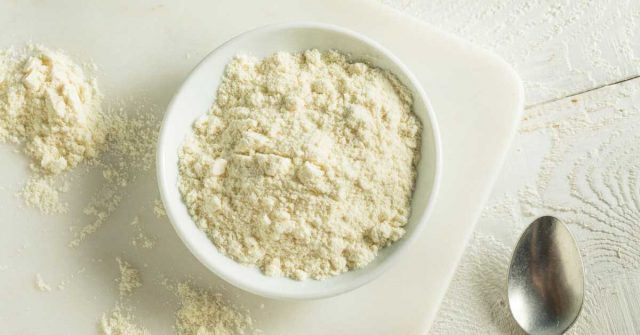
Whey protein is derived partially from milk and is one of the best sources of calcium and protein. It is also been proven to improve blood sugar levels and aid in weight loss. Just 1 ounce of whey protein contains about 200mg of calcium, and it can easily be added to smoothies, oatmeal, and more!
